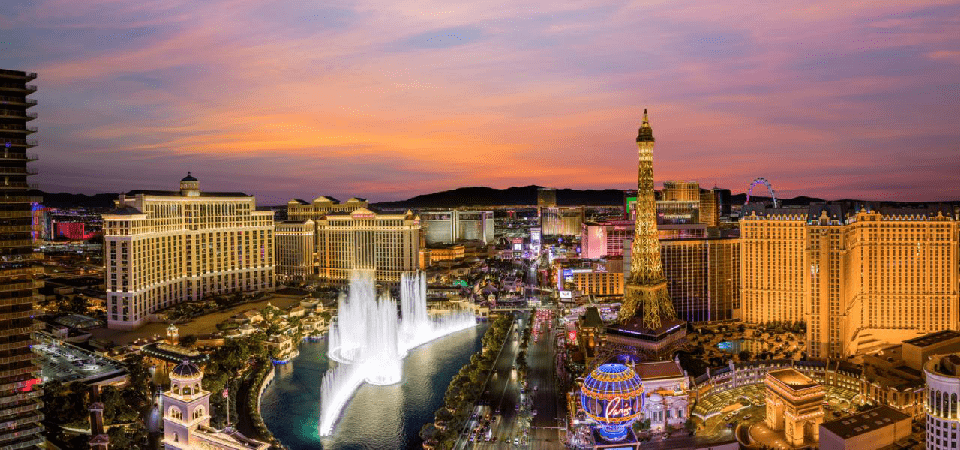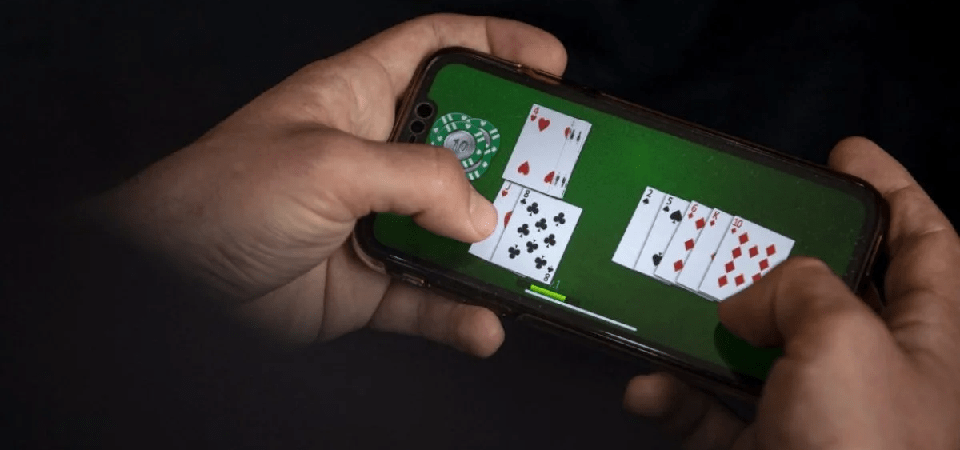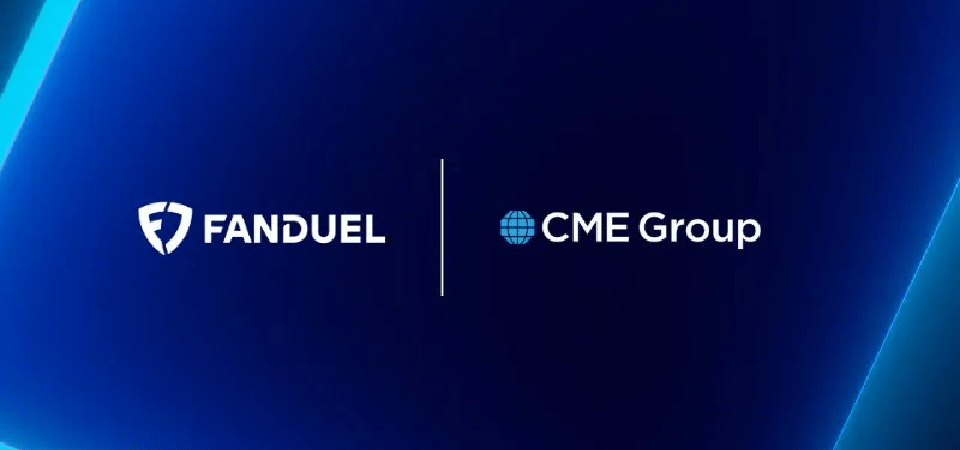Las Vegas Tourism Officials Expect Decline in Room Tax Revenue for 2025-26
During its regular monthly meeting on Tuesday, the Las Vegas Convention & Visitors Authority (LVCVA) was informed that a decline in tourism is anticipated in the upcoming months.
The LVCVA, responsible for marketing Southern Nevada as a top location for business conventions and recreational travel, primarily receives funding from hotel room occupancy taxes in Clark County, which encompasses the Las Vegas Strip. The LVCVA additionally possesses and manages the Las Vegas Convention Center and the Las Vegas Monorail.
During the 2024 fiscal year, the LVCVA gathered $382.7 million in room taxes, marking a record high that represents an 8.1% increase compared to the previous year. Officials from Applied Analysis, the LVCVA's longstanding economic collaborator, informed the agency to brace for a slowdown in 2025 and plan for reduced revenue in FY26.
Applied Analysis Principal Jeremy Aguero stated that decreases in international travel, especially from Canada and Mexico, along with lower consumer confidence, are expected to result in diminished visitor numbers in Las Vegas. This will lead to lower room taxes designated for the LVCVA.
Perspectiva de Las Vegas
Aguero informed the LVCVA that he anticipates a decline in room tax revenue, as tourist numbers decrease and hotel prices tend to fall.
At this time, it’s harder to forecast the Las Vegas economy due to President Donald Trump’s ongoing trade war. The effects of tariffs on global economies and whether consumers will reduce their spending on leisure activities while businesses cut back on nonessential expenses like going to conferences in Las Vegas remain uncertain.
LVCVA President and CEO Steve Hill stated that the agency will convene in May to evaluate its operating budget for 2025-26.
“It’s hard to tell what the tariff policy will be right now, three months from now, or seven months from now,” Hill said of the difficulty in budget planning.
The Transient Lodging Tax Rate for casino resorts on the Las Vegas Strip in Clark County is set at 13.38%. The hotel tax differs in other locations, with the minimum rate at 10.5% for hotels/motels situated more than 35 miles from the Las Vegas Convention Center.
2024 Tourist Expenditure
Aguero stated that Applied Analysis’ examination of visitor activity in Las Vegas from last year revealed that their spending per trip rose nearly 5% to $1,322 for each individual. The $1,322 expenditure amount is 53% above that of 2019.
The rise in spending was mainly propelled by increased expenses for hotel accommodations, resort charges, parking, shopping, and dining. Expenditure fell on gaming, tourism, and athletics.
The Applied Analysis report indicated that visitor spending per individual has risen annually since 2020. Frequent trips to Las Vegas growing increasingly costly for nearly five years are leading to a sense of consumer fatigue.
Numerous potential Las Vegas tourists express that expenses are deterring them and that Sin City no longer offers worth.
“The value proposition of Vegas has completely collapsed. Overpriced. Everything is worn down. Not fun. Younger people don’t gamble. Not much else to do. There was a time when you could get great value and have a great time. Now you’re just feeling ripped off,” read a comment on X that has gone viral with over 15K likes.
















